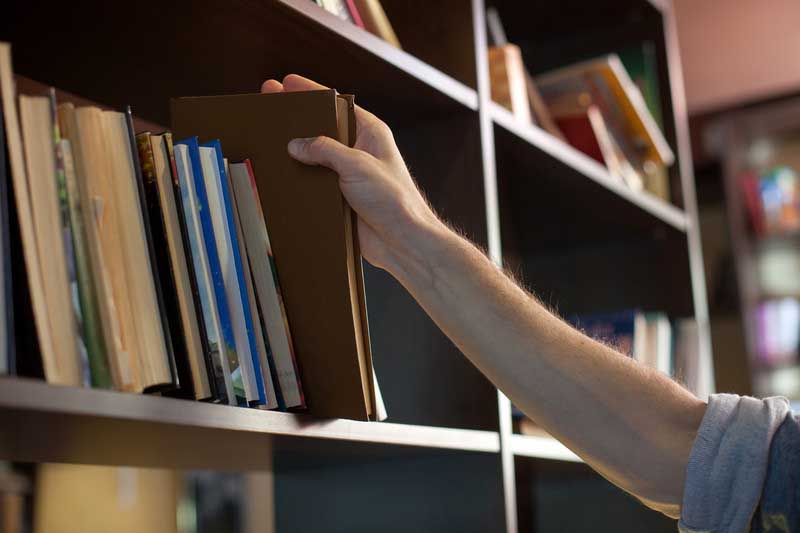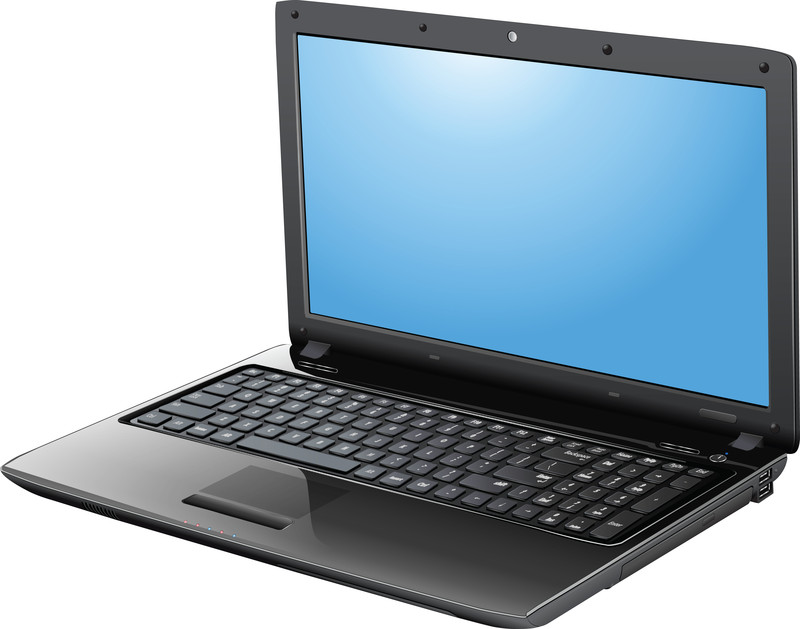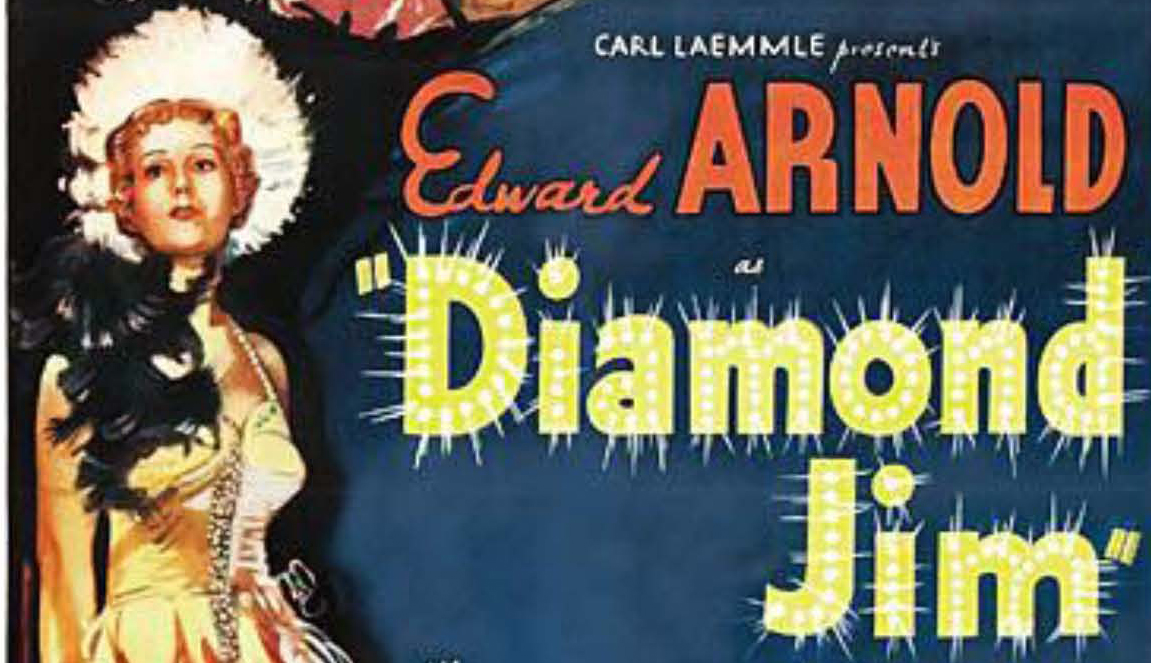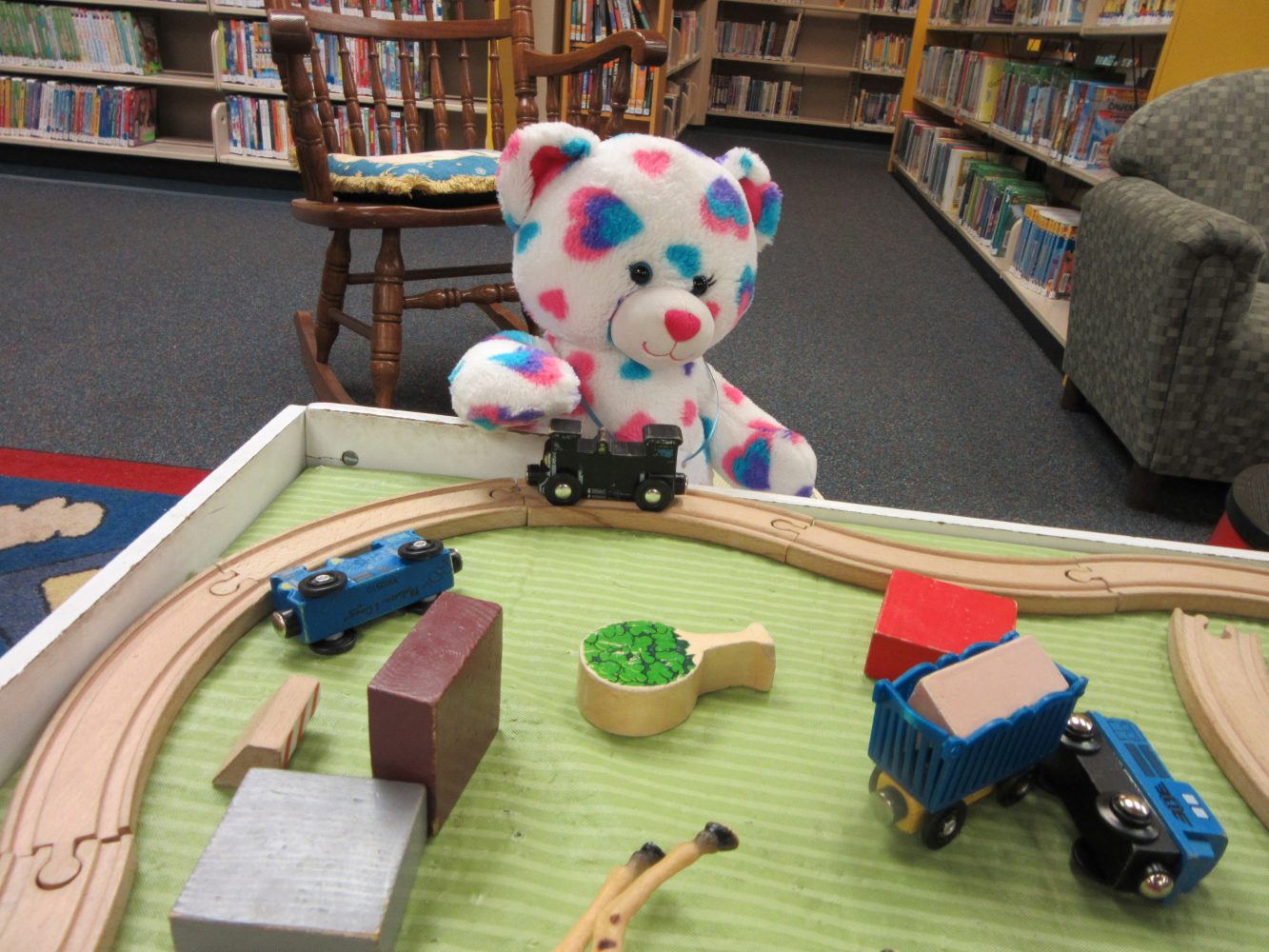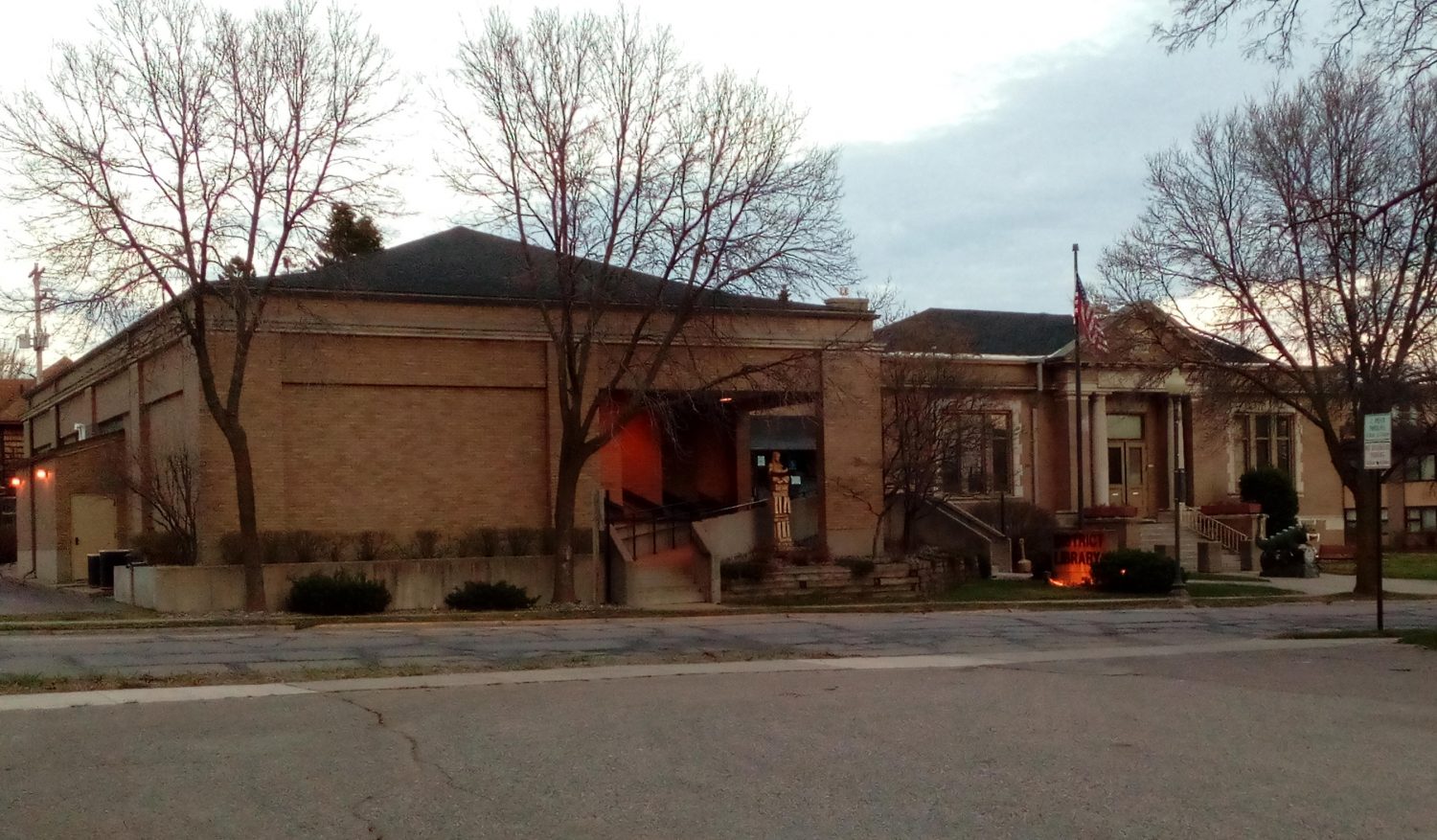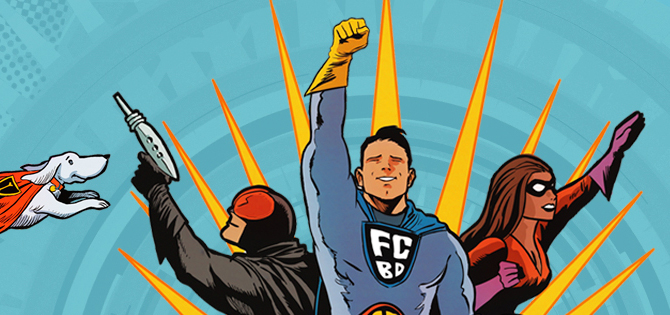How a library works… Lending, borrowing, sharing
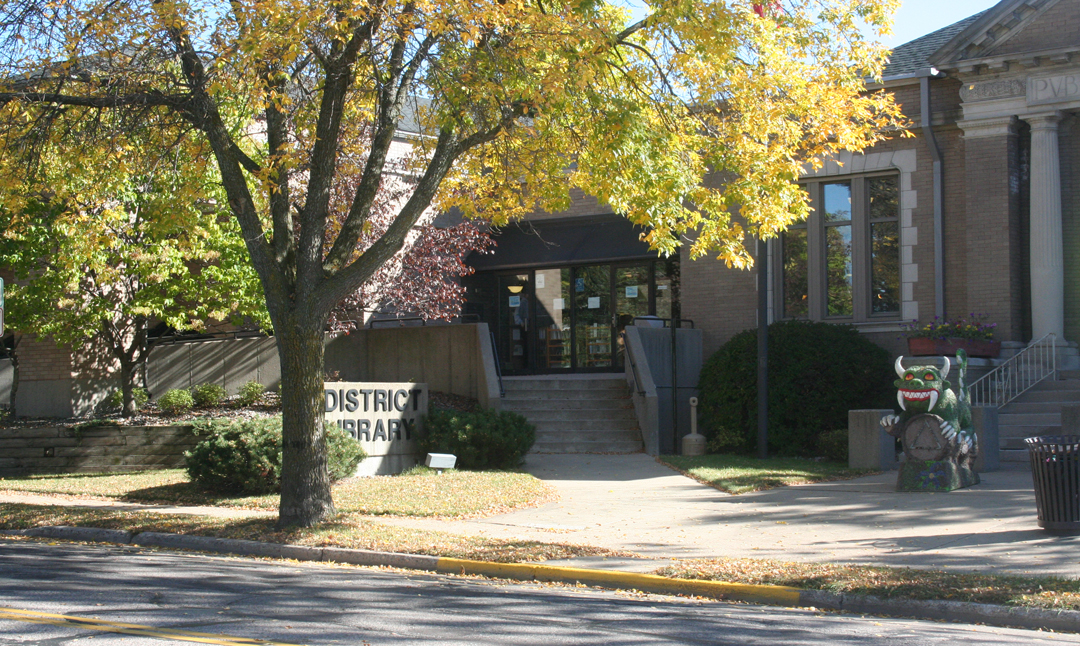
The Unquiet Library
BY VIRGINIA ROBERTS
Rhinelander District Library Director
“Can I rent this?” Actually, no you can’t. Not if it’s a library item. You may borrow it. You can check it out for awhile. You can even use most materials right in the library—but the library is not a RedBox, Blockbuster or even Amazon. You cannot rent things, nor can you buy it now if you just want it. Libraries purchase material (and computers, internet, and well researched information databases) for an entire community’s use. Residing in a community makes you able to use the library and the materials in it for free. Visiting a community allows much of the same use in many communities. In Wisconsin, library stuff is often purchased for use in an entire system of communities. In Rhinelander’s case this system is called the Wisconsin Valley Library System (WVLS). And a system allows libraries to borrow items from each other for people to use and enjoy and get from their community library. Because of the system collaboration with other systems—RDL can even get materials available around the state, the country, and sometimes other parts of the world.
So the language is “lend” and “borrow.” And the library is much bigger than its two floors and myriad walls. Because a library is supported by taxpayer dollars and other financial support (thank you to those individuals and organizations which recognize the important work RDL does here), it remains free for all to use.
This is why it is quite imperative to care for the borrowed materials. It is important to check them out if you want to use them outside the building. It is important to renew them if you want to keep them longer. It is important to return them on time—or pay the “extended use fee” or fine, as necessary. It is important in the situation of a damaged or destroyed item, the library is able to recover the funds needed to replace the item—because it doesn’t belong to any single one of us, it belongs to all of us. Libraries are funded by you. To put it in the bluntest terms, when a superhero DVD goes missing (they are a popular item right now), because someone took it without checking it out for any number of reasons—no card, big fine or fee, or just wanted to own it, sell it, or didn’t think it was appropriate for anyone else to see—it is theft, and if caught, the consequences are the same as any other theft. No. I’m wrong about that. It’s worse, because not only is the thief stealing from one’s self—it is stealing from our community. The same goes for any damaged or non-returned items not paid for. The library simply cannot afford to replace everything that never comes back to its place on the shelf, and so, the people in Rhinelander and Oneida County (and WVLS) are deprived of its use.
As hinted earlier, the library is more than a place. So many people are in this place every day—the library travels well beyond the four walls. The library averages over 140 calls and emails requiring information-based answers (known as old fashioned reference) every month. About 450 people of all ages are served by no less than 12 different library programs a month when librarians take the library on the road. This is in addition to the information assistance, computer help, genealogical assistance, entertainment, community discussions, arts and learning opportunities that happen thanks to a talented group of people who continue to employ new and innovative ways to ensure the best community’s materials and happenings are available at your library.
The library is free for all. Free doesn’t mean cheap. Free doesn’t mean the librarians don’t appreciate the stuff inside, or even don’t know what a thing really is—so someone should take it. Free means library materials—like the entire library are supported as a community resource. Its place for history, a community living room. A place for conversation and education. A place of coming together, and a place to find keys to the future—your future or your children’s or grandchildren’s future.
Support your public library—Rhinelander District Library. Support it and treat it—its materials, staff, and talent well, so it and its people can continue to work for the future of the community. This is how the library works. This is the mission it has been charged with for over 100 years—to support the education, information, and entertainment needs of its community—and will carry on into the next hundred. When you speak with your elected officials in the next days and months—tell them why your library is important to you. It’s important to your community for you to do so.
Virginia Roberts can be reached at 715-365-1070 or [email protected].
Leave a reply
You must be logged in to post a comment.

